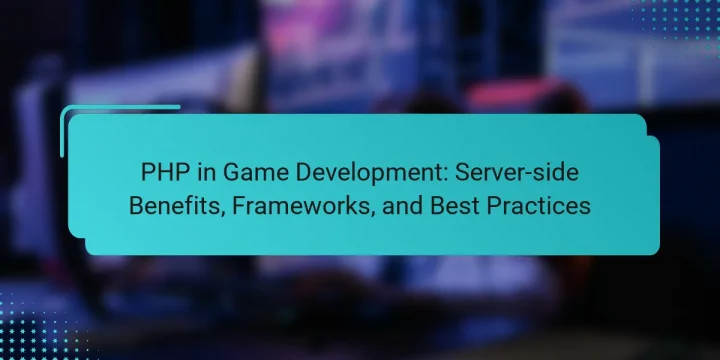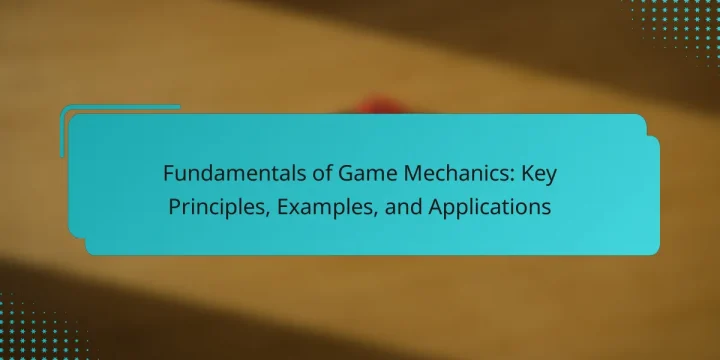
What is PHP in Game Development? PHP is a server-side scripting language widely used in web development, including game development. It enables developers to create dynamic content and manage databases effectively. PHP can handle user authentication, game state management, and real-time data processing. Its frameworks, like Laravel and Symfony, offer tools to streamline game back-end development. PHP's ease of integration with various databases supports game data storage and retrieval. Many online games utilize PHP for their server-side logic, enhancing user experience. The language is popular due to its simplicity and extensive community support, making it a viable choice for game developers. How is PHP utilized in game development processes? PHP is utilized in game development processes primarily for server-side scripting. It manages backend functionalities such as user authentication, database interactions,…








